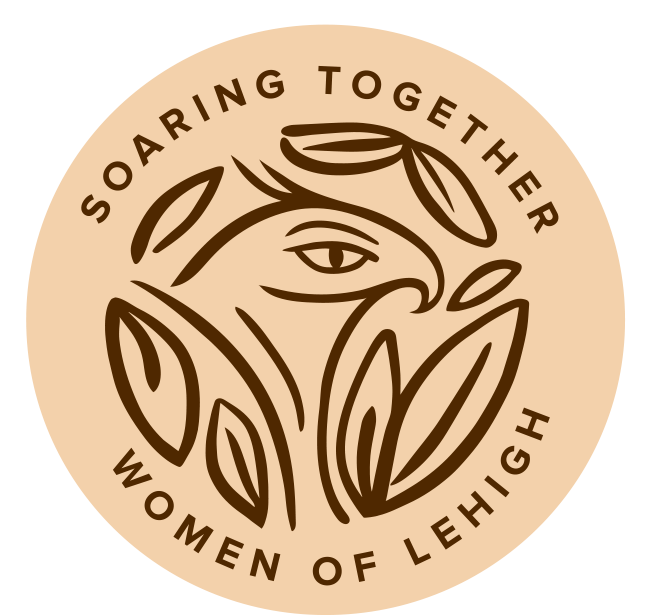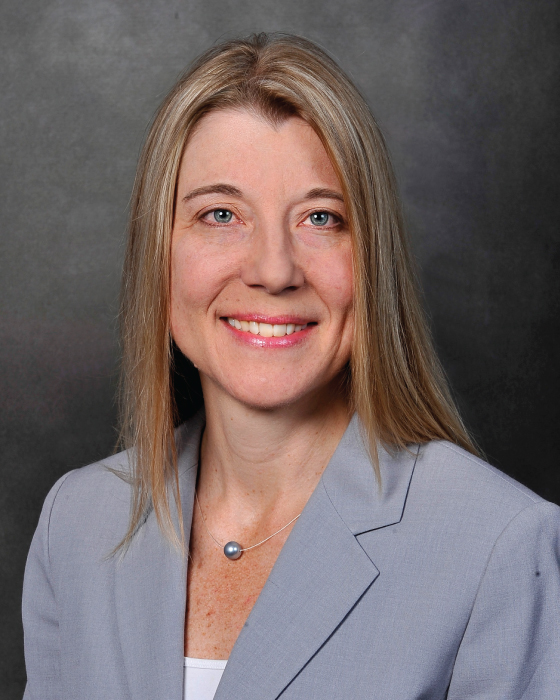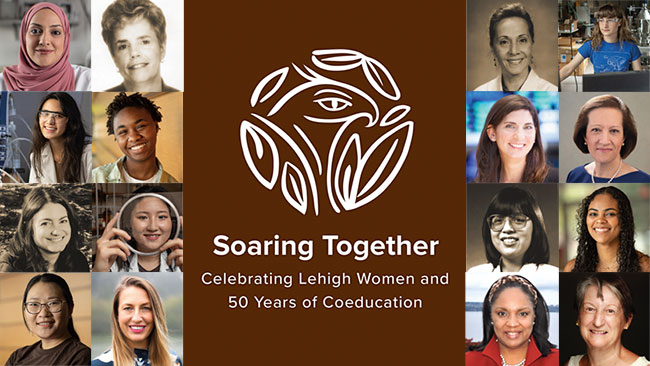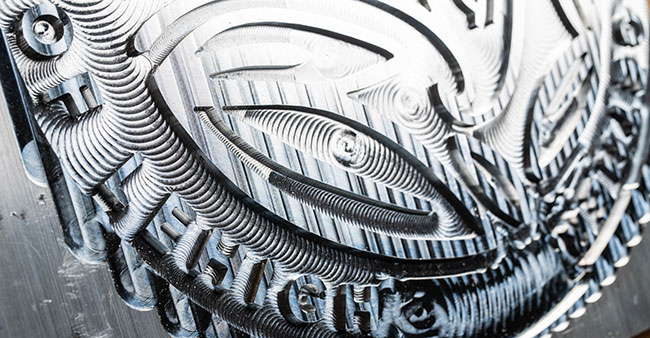
Chemical engineering alumna Jill Seebergh '89 is senior technical fellow–chemical technologies for Boeing Research & Technology. She has expertise in chemical materials and processes, including adhesion and interface science, multifunctional coatings, and colloidal science. In her current role, she provides strategic technical leadership to develop and implement chemical technologies that improve safety, reduce manufacturing flow time, enhance sustainability, and improve aircraft performance. Her current areas of focus include chromium-free coatings and surface treatments, durable exterior coating systems, anti-microbial coatings for aircraft cabins, and treatments that reduce build-up of ice and bugs on exterior surfaces.
 How might society benefit from more women in engineering?
How might society benefit from more women in engineering?
Engineers are innovators who solve problems, and innovation thrives on diverse perspectives. As a society, we need everyone to turn out for the team (so to speak) if we have any hopes of finding solutions to the critical challenges of our time, such as climate change, sustainable energy sources, plastic waste, food security, healthcare for all, etc.
I remember, crystal clear, sitting in a large lecture hall somewhere on campus (would it have been Packard Lab?), during first-year engineering orientation, hearing one of the speakers say, “Look to the left, look to the right, some of you won’t be here in four years." Scaring us straight with how hard it was going to be, etc. I surely hope that approach has changed—we need everyone who is willing to try majoring in engineering to be encouraged and supported to hang in, to get over the rough patches! Because our world needs an army of engineers with diverse backgrounds, experiences, and inventive ideas.
As a woman studying engineering at Lehigh, what did you learn about how to thrive in environments in which men typically are the majority? What did that experience teach you about yourself and what it takes to succeed?
I don’t know what the demographics were when I was on campus (Fall 1985 to Spring 1989), but I’m assuming that there certainly were more males than females in the College of Engineering. So maybe it will sound strange to say that I never had a sense of being in the minority, as a female engineering student. My first-year dorm (Beardslee 3rd floor!) had plenty of female engineering majors, and my class of chemical engineers was at least one-third women (if not more). Maybe I was just lucky, but my primary educational experience took place among a very close-knit group of men and women (maybe 40 of us in total) who worked well together, enjoyed each other and our professors, and helped each other out all along the way. My ChemE senior design group was two men (John and Jeb) and two women (Lisa and me), and it was some of the best times ever! What I learned (as I reflect all these years later!) was to expect to be respected and listened to and taken seriously. That served me well in graduate school and throughout my professional career.
What is one thing you learned at Lehigh that you’ve tapped repeatedly on your career trajectory?
It’s hard to limit it to one thing! In a general sense, I certainly learned how to be confident in myself and my abilities, thanks to the supportive environment in the ChemE department. Specifically, I really value a class on engineering ethics that was taught by an adjunct faculty member who had spent his career in industry (Mr. Hencke); he really imprinted a sense of responsibility and duty to the engineering profession that I have carried with me throughout my career.
What do you want engineering students to know that you wish you’d known when you were at Lehigh?
What I understand now, that I didn’t know then, is the full extent to which people really want to help you while you are a student and then when you are starting out in your career. Professors, advisors, your TA, alumni, your boss and coworkers at your summer internship—they want to answer questions, give advice, share knowledge, and provide new perspectives. Be proactive about creating a network of mentors and don’t be shy about asking for help and feedback.
More about Jill Seebergh
Seebergh holds an MS and PhD in chemical engineering from the University of Washington, in addition to her Lehigh undergraduate degree. She is chair of the Boeing Technical Fellowship and a member of the editorial review board for the Journal of Coatings Technology and Research. She also serves on the advisory board of the International Networking Forum on Aircraft and Aerospace Coatings. An author of 15 peer-reviewed publications and more than 50 conference proceedings and presentations, Seebergh has 8 US patents granted and 12 US patent applications published. She is an active member of professional societies including SWE, ACS, and SAE, and has been recognized with numerous awards, including Society of Women Engineers Patent Recognition Award, University of Washington Chemical Engineering Distinguished Alumni Award, CSIRO Gold Medal for Research Achievement, and the Boeing Chairman’s Safety Award.


